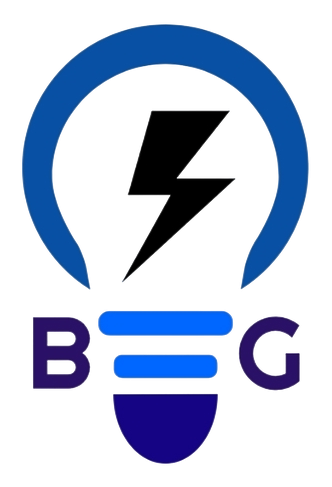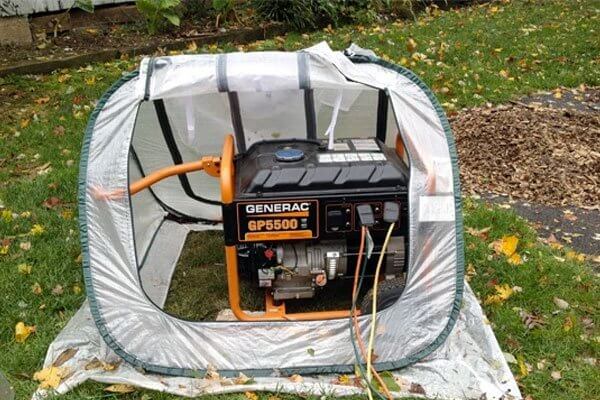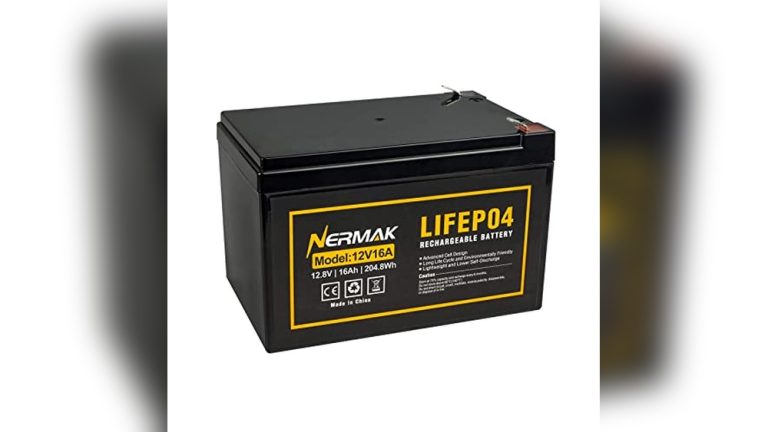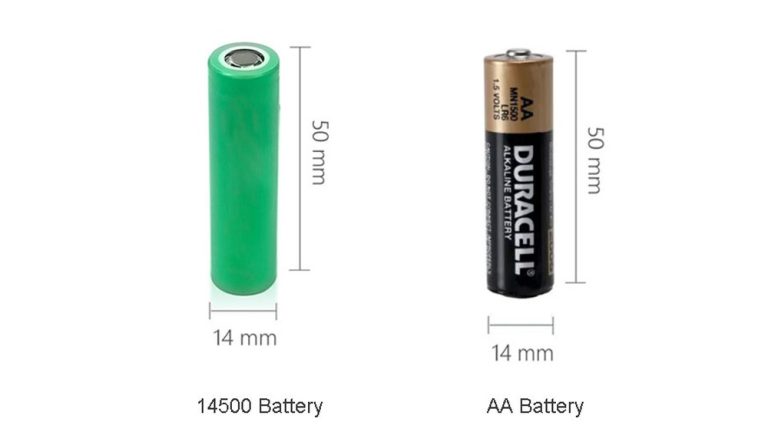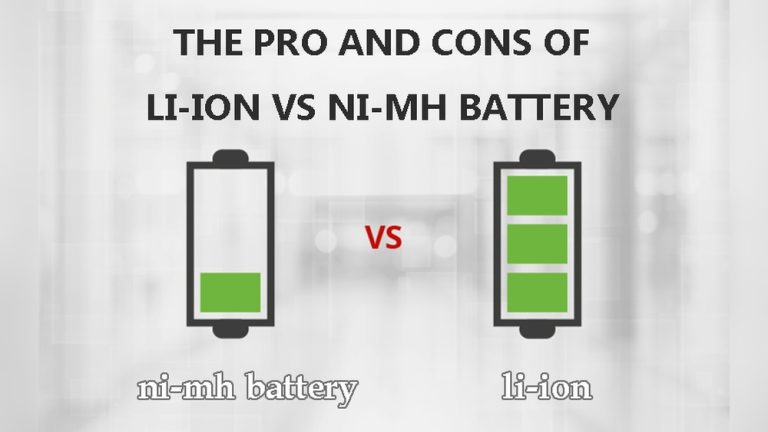Can You Use a Generator in the Rain?: Essential Safety Tips
No, you should not use a generator in the rain. Doing so can be dangerous.
Generators are powerful tools. They keep your lights on during storms and power outages. But what happens when the storm is still raging, and you need to use your generator? This question is crucial for safety and reliability. Understanding the risks and proper usage can prevent accidents.
Let’s explore the considerations for using a generator in wet conditions. We’ll discuss why it’s unsafe and what alternatives you have. Stay safe and informed.
Introduction To Generator Safety
Generators provide essential power during outages. They keep homes running and businesses operating smoothly. But, with great power comes great responsibility.
Using a generator safely is crucial. Especially in challenging weather like rain. Improper use can lead to accidents or damage. Understanding generator safety can prevent these issues.
Importance Of Proper Use
Proper use of a generator ensures safety and longevity. Reading the manual is the first step. It contains vital information specific to your model.
Positioning the generator is key. Keep it outdoors, away from windows and doors. This prevents carbon monoxide poisoning. Cover it with a canopy or tent in rain. This protects it from water damage.
Common Risks
Generators pose several risks if not used correctly. Electrocution is a major concern. Water and electricity do not mix. Wet conditions can increase this risk.
Carbon monoxide poisoning is another danger. This gas is colorless and odorless. It can be deadly if inhaled in large amounts. Always ensure proper ventilation.
Fires can also occur. Overloading the generator can cause overheating. Always follow the manufacturer’s load recommendations.

Credit: pleavinpower.co.uk
Generators And Weather Conditions
Generators provide essential power during outages. But using them in bad weather? Not straightforward. Weather conditions can affect generator performance and safety. Understanding these effects is crucial.
Impact Of Rain
Rain and generators don’t mix well. Water can damage the generator. Wet conditions can cause short circuits. This can lead to dangerous situations. Generators can become hazardous if wet.
Rain can also affect the generator’s efficiency. Wet conditions can reduce power output. This can limit the generator’s usefulness. It’s important to keep generators dry.
Proper shelter is necessary for safe use. A canopy or tent can protect the generator. Ensure there’s enough ventilation. This prevents overheating and ensures safety.
Other Weather Hazards
Cold weather can affect generators too. Ice can form on the generator. This can block air vents. It can cause the generator to overheat. Ice can also damage parts of the generator.
Wind can be another issue. Strong winds can move the generator. This can disconnect cables and fuel lines. Wind can also blow debris into the generator. This can cause damage and reduce efficiency.
Heat is also a concern. High temperatures can cause generators to overheat. This can lead to mechanical failures. Always check the weather before using a generator. Ensure it’s safe for operation.
Potential Dangers Of Using Generators In The Rain
Generators are crucial during power outages. But using them in the rain can be risky. Understanding the potential dangers is vital for safety.
Electrical Hazards
Generators produce electricity. Water and electricity are a dangerous mix. Rain can cause short circuits. This may lead to electrocution.
Wet conditions increase the risk of electrical shocks. Avoid touching the generator with wet hands. Keep the generator dry.
Use a generator tent or cover. This helps protect it from the rain. Place it on a dry surface. Never let water accumulate around the generator.
Physical Risks
Generators have moving parts. Rain can make surfaces slippery. Slips and falls are common. Injuries can happen.
Wet surfaces are hazardous. Ensure the area around the generator is clear. Good lighting helps prevent accidents.
Generators emit carbon monoxide. Running one in the rain can force you indoors. This gas is deadly. Always use generators in well-ventilated areas.
| Hazard | Risk |
|---|---|
| Electrical Shock | Electrocution |
| Slips and Falls | Injuries |
| Carbon Monoxide | Poisoning |
Stay safe. Be aware of the risks. Protect yourself and your family.

Credit: www.reddit.com
Manufacturer Guidelines
Generators are essential during power outages, but using them safely is crucial. Manufacturer guidelines provide the key to safe and effective generator use, especially in adverse weather conditions like rain.
Reading The Manual
Always start by reading the manual. The manual includes vital information specific to your generator model. This information can include safety precautions, operational instructions, and maintenance tips. Each generator is unique, so never assume you know how to operate it without consulting the manual first.
The manual will often have a section dedicated to weather conditions. Look for any warnings or specific instructions about using your generator in the rain. These guidelines are set by the manufacturer to ensure your safety and the longevity of your generator.
Following Instructions
After reading the manual, it’s crucial to follow the given instructions. These instructions are designed to help you use your generator safely. Failure to follow them can result in accidents or damage to your generator.
For instance, the manufacturer might recommend placing the generator on a dry, elevated surface. This can prevent water from entering the engine or electrical outlets. Additionally, you might be advised to use a canopy or tent to shield the generator from rain.
Always adhere to these guidelines. They are there to protect you and your investment. Even if you feel confident in your ability to use the generator, always double-check the manual’s instructions.
| Step | Action |
|---|---|
| 1 | Read the manual thoroughly. |
| 2 | Check for weather-related warnings. |
| 3 | Follow all safety instructions. |
| 4 | Use protective measures like canopies. |
By strictly following the manufacturer guidelines, you can safely use your generator, even in the rain. This ensures your safety and keeps your generator running efficiently.
Protecting Your Generator
Generators are crucial during power outages, but using them in the rain can be risky. Water can damage your generator and pose safety hazards. To ensure your generator operates safely in wet conditions, take necessary precautions. Below are key practices to protect your generator from rain.
Waterproof Covers
Waterproof covers are essential for safeguarding your generator. These covers prevent rain from reaching sensitive parts. When choosing a cover, ensure it fits snugly and is made from durable materials.
| Feature | Importance |
|---|---|
| Durability | Long-lasting protection |
| Snug Fit | Prevents water intrusion |
| Ventilation | Prevents overheating |
Look for ventilated covers to prevent overheating. Use the cover whenever the generator is in use during rain.
Proper Placement
Proper placement of your generator is vital. Always place the generator on a dry, elevated surface. This prevents water from pooling around it. Avoid placing it under trees where water can drip directly onto it.
- Place on a dry, elevated surface.
- Avoid low areas where water collects.
- Keep away from trees and overhangs.
Ensure there’s enough space around the generator for ventilation. Adequate air circulation prevents overheating and ensures safe operation.
Safe Operation Practices
Operating a generator in the rain requires extra caution. Following safe operation practices can prevent accidents and ensure the longevity of your equipment. Below are some key guidelines to help you operate your generator safely during wet conditions.
Dry Hands And Tools
Always ensure your hands are dry before touching the generator. Wet hands can lead to electrical shocks. Keep a towel or cloth nearby to dry your hands as needed.
Use dry tools for any adjustments. Wet tools can also conduct electricity and cause shocks or damage. Store tools in a dry place to keep them safe from moisture.
Avoiding Flooded Areas
Place the generator on a dry, elevated surface. This helps avoid contact with standing water.
Check the area around the generator for puddles or flooding. Water can damage the generator and pose a safety risk.
Use a canopy or tent to protect the generator from direct rain. This keeps it dry and functional.
Follow these guidelines to operate your generator safely in rainy conditions. Safety should always be your top priority when using electrical equipment in wet environments.
Emergency Procedures
Using a generator in the rain requires strict safety measures. Poor handling can lead to accidents. Here’s a guide on what to do during emergencies.
Power Outage Protocols
Power outages can occur unexpectedly. Ensure your generator is ready before bad weather strikes. Store it in a dry location. Use a cover if it must stay outside. Follow these steps during a power outage:
- Move the generator to a dry, sheltered area.
- Ensure your hands and the area around the generator are dry.
- Use heavy-duty extension cords rated for outdoor use.
- Keep the generator away from windows and doors to prevent carbon monoxide poisoning.
Handling Accidents
Accidents can happen even with precautions. Know what to do if an accident occurs:
- Electrical Shock: Turn off the generator immediately. Do not touch the person if they are still in contact with the generator. Use a non-conductive object to move them away.
- Fire: Use a fire extinguisher rated for electrical fires. If the fire is too large, evacuate the area and call emergency services.
- Carbon Monoxide Poisoning: Move the person to fresh air immediately. Call emergency services and administer CPR if needed.
Remember: Safety first. Always follow the manufacturer’s guidelines. Keep your generator in good condition. Regularly inspect it for wear and tear. Stay safe during emergencies.
Long-term Maintenance
Using a generator in the rain can be risky. Proper maintenance ensures your generator runs safely and efficiently. Regular care helps prevent damage and extends the generator’s lifespan.
Regular Inspections
Regular inspections are crucial for your generator’s health. Check the fuel system for leaks. Inspect the air filter for dirt and debris. Examine the spark plug for signs of wear. Regularly check the oil level and change it as needed.
Inspect the power cord and connections for damage. Look for cracks or frayed wires. Ensure the generator’s housing is intact and free of rust. A thorough inspection can catch issues early.
Replacing Damaged Parts
Replace damaged parts promptly to keep your generator running. Swap out worn-out spark plugs. Replace clogged air filters. Change damaged fuel lines immediately.
Get new power cords if the old ones are frayed. Use only manufacturer-approved parts. This ensures compatibility and safety.
Keep a stock of essential parts. This way, you can perform quick replacements. This reduces downtime and keeps your generator ready for use.

Credit: pleavinpower.co.uk
Frequently Asked Questions
Can You Use A Generator In The Rain?
Using a generator in the rain is not safe. Water can damage the generator and cause electrical hazards. Always keep the generator dry and under cover.
How To Protect A Generator From Rain?
To protect a generator from rain, use a generator tent or cover. Ensure proper ventilation and never enclose the generator completely to avoid overheating.
Is It Safe To Operate A Generator In Wet Conditions?
Operating a generator in wet conditions is not safe. Moisture can lead to short circuits and potential electrocution. Always keep the generator dry.
Can Rain Damage A Generator?
Yes, rain can damage a generator. Water can cause rust, electrical shorts, and damage to internal components. Keep the generator protected from rain.
Conclusion
Using a generator in the rain can be dangerous. Always prioritize safety first. Ensure proper shelter for your generator. Water and electricity are a risky mix. Follow manufacturer guidelines closely. Regularly inspect for any damage. Keep cords and plugs dry.
Your safety depends on careful use. Investing in proper covers helps. Stay informed and cautious. This ensures safe and efficient operation. Always use common sense and stay safe.
